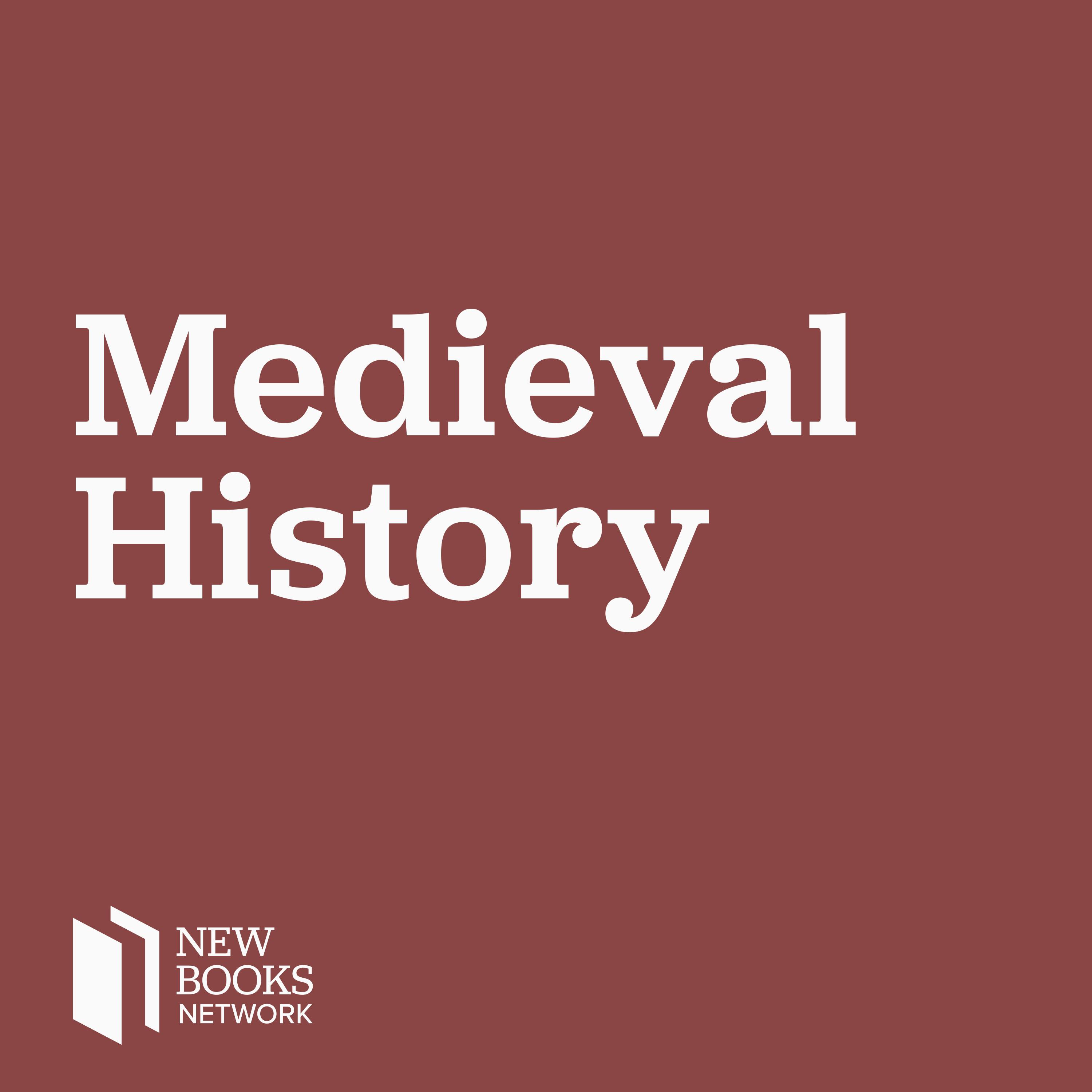Dennis Wuerthner, "Poems and Stories for Overcoming Idleness: P’ahan chip by Yi Illo" (U Hawaii Press, 2024)
Description
Dr. Dennis Wuerthner’s Poems and Stories for Overcoming Idleness: P’ahan chip by Yi Illo (U Hawaii Press, 2024) is the first complete English translation of one of the oldest extant Korean source materials. The scholar, Yi Illo (1152–1220), filled this collection with poetry by himself and diverse writers, ranging from Chinese master poets and Koryŏ-era kings, to long-forgotten lower-level officials and rural scholars. The verse compositions are embedded in short narratives by Yi that provide context for the poems, a combination called sihwa.
The book contains a comprehensive introduction that explores the lives of Yi Illo and his contemporaries, and the political landscape at the time this collection came into being. The translation itself is richly annotated to provide context to the allusions and to explore possible meanings.
The publication is an excellent resource for readers interested in the political and social environment of the Koryŏ Dynasty (918–1392) and for anyone with a love for poetry and prose.
Dr. Dennis Wuerthner is assistant professor of East Asian literature in the Department of World Languages and Literatures, at Boston University. He holds a PhD from Ruhr University in Bochum and his main field of research is Korean literature, history and culture in a broader East Asian context.
Leslie Hickman is a translator and writer. She has an MA in Korean Studies from Yonsei University and lives in Seoul, South Korea. You can follow her activities at https://twitter.com/AJuseyo.
Learn more about your ad choices. Visit megaphone.fm/adchoices
More Episodes
Published 11/23/24
During the early medieval Islamicate period (800–1400 CE), discourses concerned with music and musicians were wide-ranging and contentious, and expressed in works on music theory and philosophy as well as literature and poetry. But in spite of attempts by influential scholars and political...
Published 11/12/24
Filippo Gianferrari, "Dante's Education: Latin Schoolbooks and Vernacular Poetics" (Oxford UP, 2024)
In fourteenth-century Italy, literacy became accessible to a significantly larger portion of the lay population (allegedly between 60 and 80 percent in Florence) and provided a crucial means for the vernacularization and secularization of learning, and for the democratization of...
Published 11/06/24


